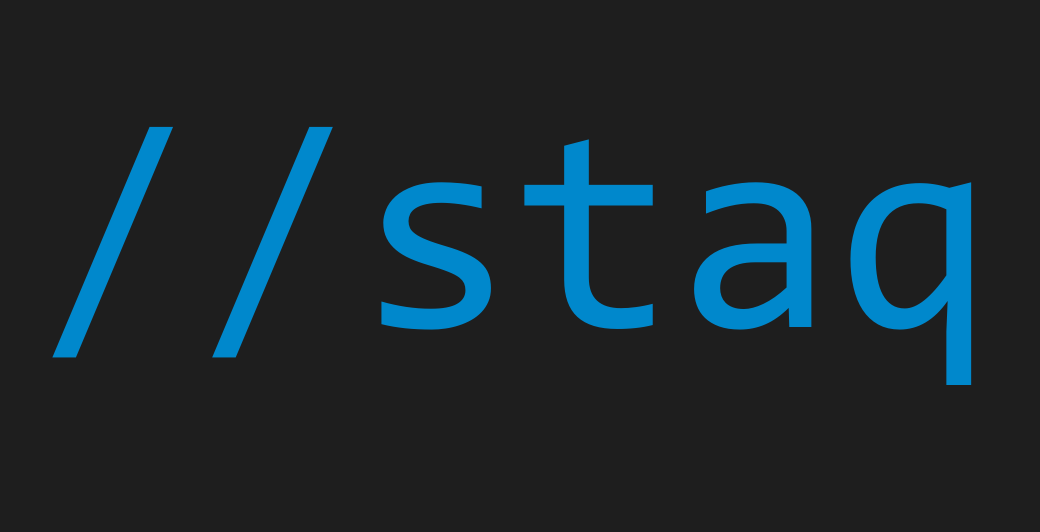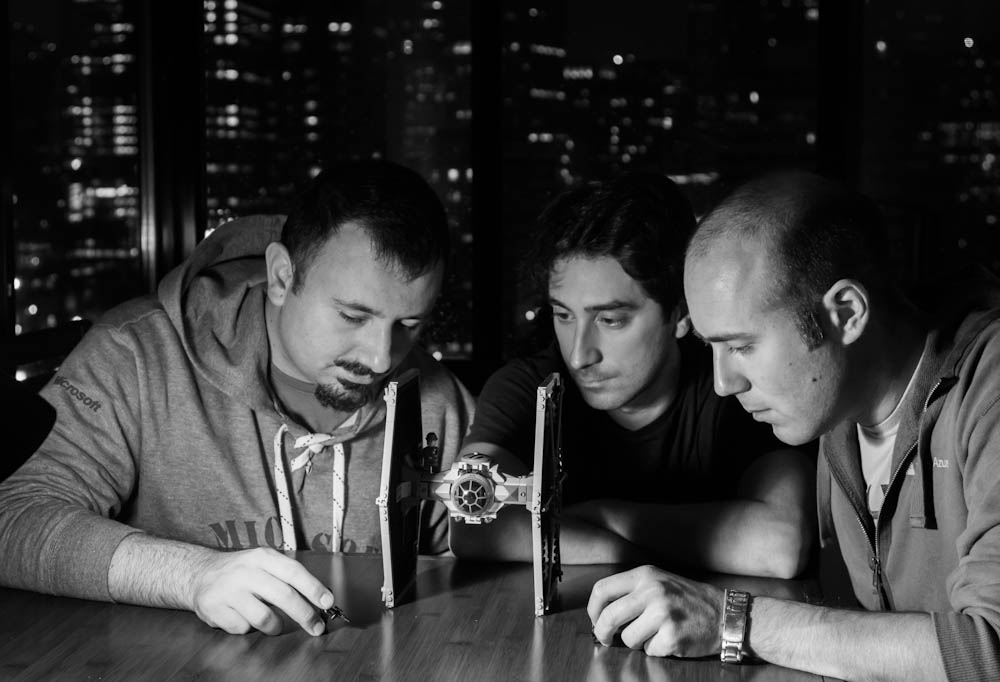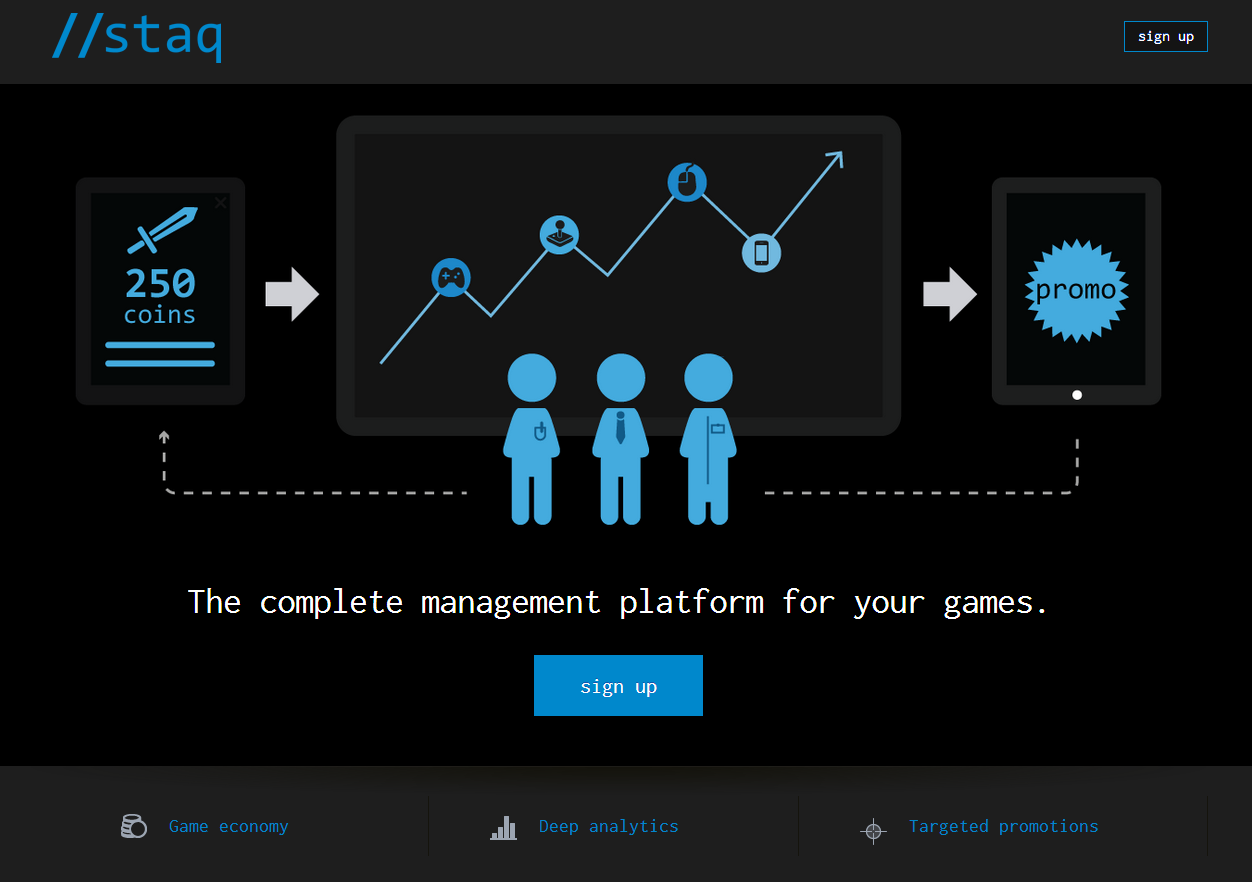Featured Startup on Azure - //staq
Gaming has taken more than a few turns and evolutions since the days of Atari and Intellivision, to name just a couple of mainstream favorites. If you are a gamer, you've grown up and are no longer playing Atari. You are likely building your own games. You probably want to manage and monetize those games. That's why there's staq. This is the real deal, kid! They create an entire backend management platform for your game, and more. There's virtual currency, in-game ads, game tracking, a/b testing. Everything.
We sat down with them to go over their solution, which is housed on Azure. Here are their views on startups, building in the cloud, and how serious you have to be to build for gamers, the most serious people out there.
Do you build for scale first, or for revenue? How are those things related in your mind?
Our service integrates with a core part of the business of our customers. We need their trust and cooperation. Our main focus now is to onboard the first selected customers and work with them to build an awesome service and successful use cases.
We are definitely building for scale first. After running a pilot program the first early adopters we will open a public beta phase that will be free. Our main goal is to have game developers build amazing games on our platform.
What questions do you and your technical co-founder / engineering team feel are the most important to solve about the business aspects of your company?
The really important thing is to validate early your assumptions and make sure you are building a sustainable and scalable business. We are three technical founders, we are used to build products, we are “doers”. During the first month it was very hard to hold on writing code and spend the most of our day talking with customers and advisors. Once you know what kind of product they need it is much easier to iterate and build it fast. My personal advice is to speak to your prospective customers before writing the first line of code.
How much of what you are building is based on leaving a legacy and how much of it is based on technical challenges, or the ability to make something just for fun? In other words, where do you fall on the seriousness scale? For fun, for profit, for life?
On seriousness scale we are 1010! We are building a solid business and providing services to an exploding market. This is 100% serious. On the other side we are very passionate about our idea, we love to solve technical challenges and we want to make this journey as fun as possible. We used to work together and we are longtime friends; having fun is an important aspects of our company culture.
When did you decide that you were “startup material”?
We are friends since the high school and we have built our first startup at 18. In the last 10 years we scored many successes thanks to our passion. We have a special talent in solving big challenges with a small team of people. We are risk takers and entrepreneurs, and we put all our self in pursuing our goals. I think that build startups is what we love the most.
What impact or legacy do you hope to make in the market and in the business world?
We want to be the “standard” service for creating successful free-to-play games. We see a huge shift toward the free to play model; games are becoming services and traditional studios that are used to ship game in boxes are now struggling to compete in this new world. They don’t have the expertise for running high availability service and they don’t want to build the necessary infrastructure. It is an “adapt-or-die” situation and //staq helps them adapt to the new model.
What are some of the challenges you face as a founder or developer at a startup, when it comes to dealing with family life, or socially? Does working on a startup change the way you associate and interact in these areas?
Creating a startup has a huge impact on your personal life… or maybe I should say your former personal life! We use to work from the early morning till the late night, with just a few hours available for family and social activities. You have to face a daily roller-coaster of emotions and keep control of yourself. It is hard to just stop thinking about the challenges that you are facing even after your work is done; you cannot just unplug your brain. Creating a startup is a life changing event and you should make sure that the important persons in your life will clearly understand what you are doing. They will need to give you support during the hard times, and celebrate with you even the small wins.
Can you describe the relationship that you have had with Microsoft in building your startup?
We are part of BizSpark Plus and we just graduated from the Microsoft Accelerator for Windows Azure Powerd by TechStars. Most of our software stack is build using Microsoft technologies. We have several mentors and advisors that have been Microsoft employees.
Why would an entrepreneur turn to Microsoft for help in building scale, a team, or using software?
Microsoft has a comprehensive and integrated stack of technologies that reduce the time to market. Azure has a solid and competitive cloud offering and BizSpark is a great program for early stage startups.
Tell us about your Azure based solution.
Our product is hosted on Azure and we use many of the features that it offers: worker role, web sites, virtual machines, blobs and table storage.
How is Azure implemented in your solution?
We have the web site hosted on azure; worker roles for all the synchronous operations; we deployed a cluster of linux virtual machines for running distributed open source databases; we extensively use the table storage for keeping the state of the asynchronous operations.
How did you get excited about Azure?
We started using Azure since the very first beta and we saw a lot of progress during the years. We love the integration with Visual Studio and the one click deploy.
What were the Azure features that prompted you to decide to build on Azure?
We were looking for an easy way to run all our services and reducing the cost of managing the infrastructure. We decided to build on Azure thanks to the Table Storage and the introduction of virtual machines as well as the redesign of the portal.
What advice do you have for companies that are thinking about building in the cloud?
Build your services using state less patterns and asynchronous operations. Test performances and scalability right from day one.


